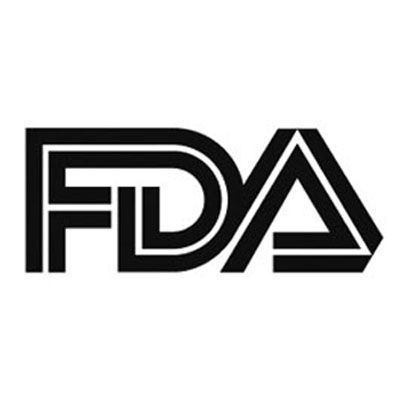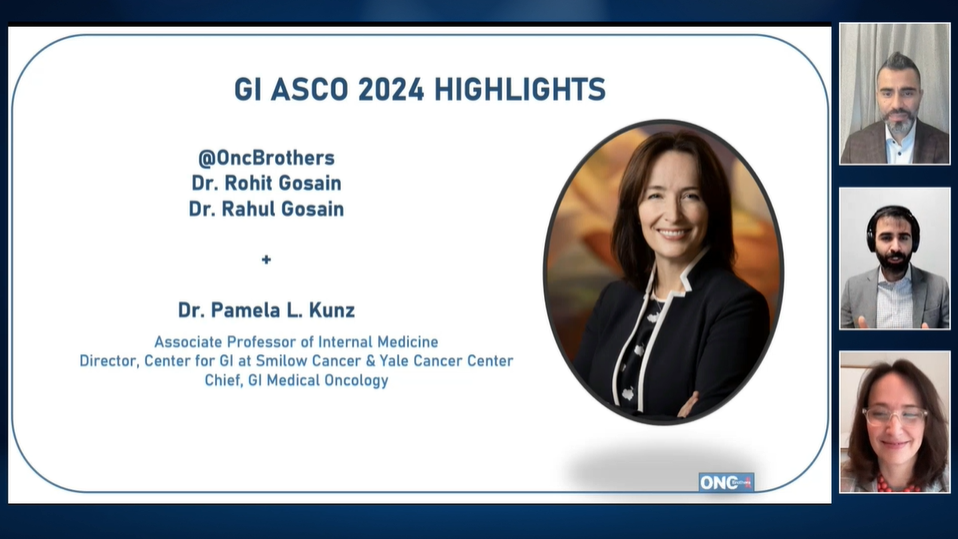FDA Places Partial Clinical Hold on Study of CYAD-101 in mCRC
Pending a safety investigation by the developer and further information about risk to patients, the phase 1b trial of CYAD-101 in patients with metastatic colorectal cancer, has been placed on a partial clinical hold by the FDA.

The FDA has placed a partial clinical hold on the phase 1b CYAD-101-002 study (NCT04991948), which was investigating the use of the novel chimeric antigen receptor (CAR) T-cell agent CYAD-101 in patients with metastatic colorectal cancer (mCRC).
The FDA informed the developer Celyad Oncology SA of the hold via an email communication 1 day after the company announced that they were voluntarily pausing the study. The FDA stated that the hold was placed due to insufficient information to assess risk to study subjects.
Two patient deaths have occurred in the study and the patients appear to have similar pulmonary findings. The dosing and enrollment of patients in the CYAD-101-002 trial were therefore halted so that the events can be investigated.
“Our primary commitment is to maintain patient safety, which is why we decided to place the trial on hold while we investigate these events,” said Filippo Petti, chief executive officer of Celyad Oncology, in a press release. “We are working diligently to better understand these events.”
CYAD-101-002 is an open-label, phase 1b trial designed to determine the safety and clinical activity of CYAD-101 concurrently administered with chemotherapy of oxaliplatin, fluorouracil, and folinic acid (leucovorin; FOLFOX) followed by the immune checkpoint inhibitor pembrolizumab (Keytruda).1,2
The coprimary end points of the study are the occurrence of dose-limiting toxicity and overall response rate.2
The study has a target patient enrollment of 34 patients with histologically confirmed mCRC; an ECOG performance status of 0 or 1; adequate organ hepatic, renal, pulmonary, and cardiac functions; and available tissue for biopsy.
CYAD-101 was previously studied in patients with mCRC in the phase 1 allSoHRINK clinical trial (NCT03692429). The agent demonstrated anti-tumor activity by way of partial responses in 2 out of 15 patients and stable disease in 9 patients. The median progression-free survival observed with CYAD-101 was 3.9 months. Notably, the treatment appeared safe and tolerable.2
“In 25 patients previously treated with CYAD-101 in the alloSHRINK phase 1 trial, which evaluated the TIM-based investigational candidate for the treatment of advanced mCRC, no-dose limiting toxicities were reported, said Petti, in the press release.1
Considering the fatalities observed in CYAD-101-002, the investigators are evaluating all similar events in other patients. Further, the company will be notifying regulatory authorities about the events, and additional updates about the study will be reported in the near future.
Reference:
1. Celyad Oncology announces voluntary pause of CYAD-101-002 phase 1b trial. News release. February 28, 2022. Accessed March 1, 2022. https://bit.ly/3Mg6rLO
2. Prenen H, Dekerval J, Hendlisz A, et al. Updated data from alloSHRINK phase I first-in-human study evaluating CYAD-101, an innovative non-gene edited allogeneic CAR-T in mCRC. J Clin Oncol. 2021;39(3): 74-74. doi: 10.1200/JCO.2021.39.3_suppl.74









